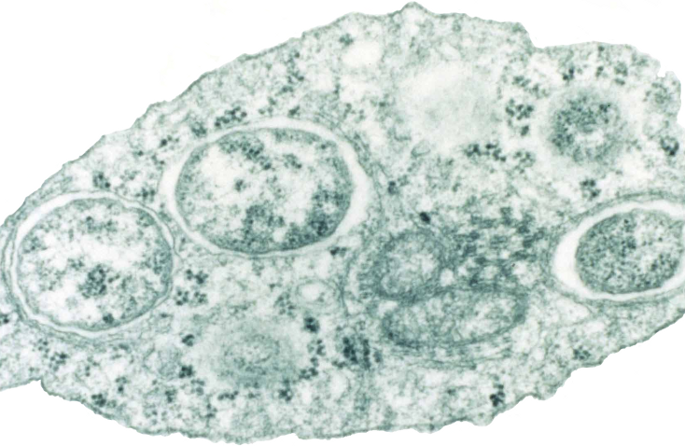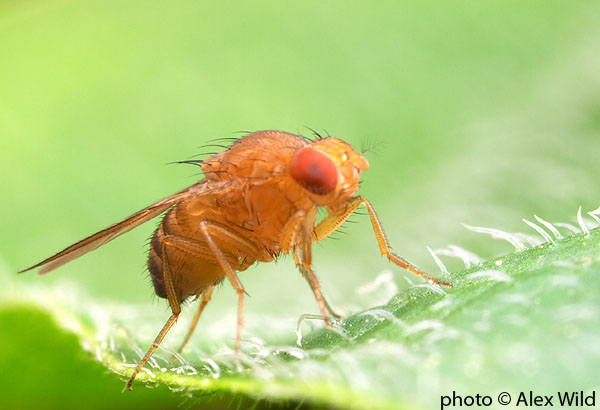Tricks Not Treats: Wolbachia’s Manipulation of Sex in Infected D. subquinaria Offspring
Madeline Sheppard, a student at Eckerd College, worked in the lab of Dr. Kelly Dyer Abstract Wolbachia is a bacteria that is found in up to 60% of all insects, which is transmitted exclusively from mother to offspring through the egg. In many host species Wolbachia infection does not Wolbachia are gram-negative maternally transmitted bacterial



